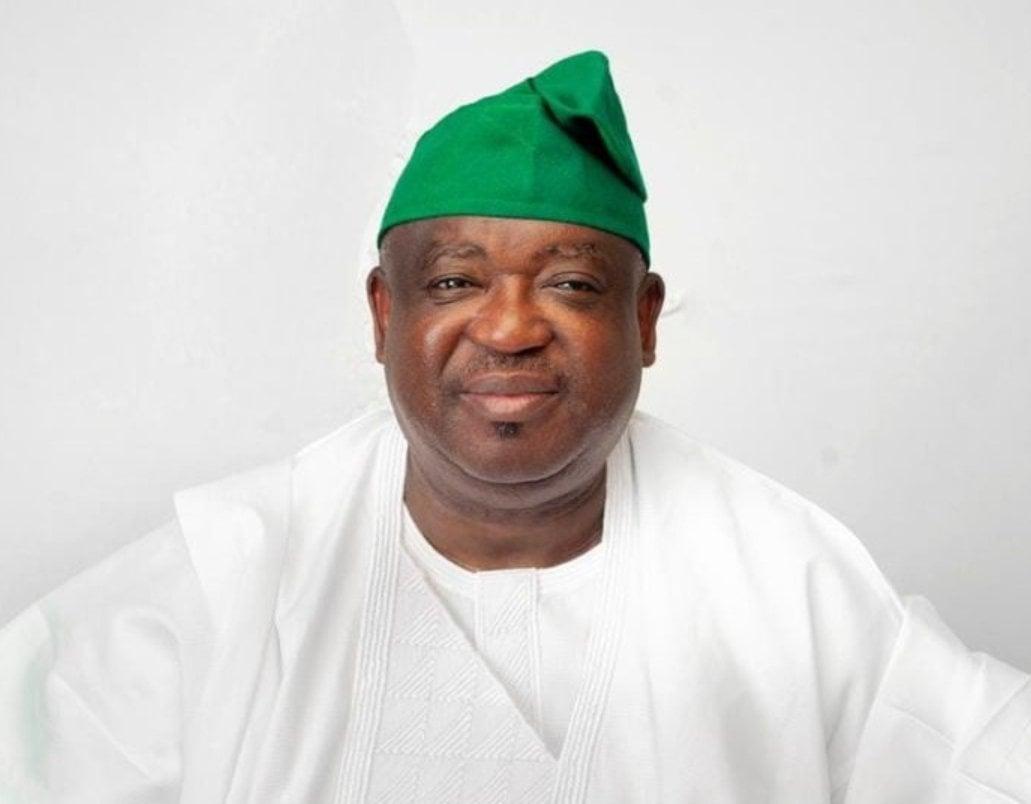
The Chairman of the Economic and Financial Crimes Commission (EFCC) Ola Olukoyede has reaffirmed the commission’s commitment to monitoring bank transactions as part of its strategy to combat financial flows to criminals, including bandits and terrorists.
Speaking at the 2024 Annual Civil-Military Conference organized by Civil-Military Cooperation at the National Defence College in Abuja on Wednesday, Olukoyede, represented by Wilson Uwujaren, Director of the Public Affairs Directorate, underscored the critical link between corruption and insecurity.
He pointed out that corruption not only fosters poverty but also exacerbates vulnerability among unemployed citizens, making them susceptible to recruitment into criminal activities such as banditry, kidnapping, and terrorism.
Olukoyede pledged that the EFCC will enhance its surveillance of financial transactions, especially within the banking sector, to prevent illicit funds from reaching criminal organizations. He emphasized that by curbing the financial incentives available to bandits and terrorists, the commission aims to diminish the appeal and effectiveness of these criminal enterprises.
“Corruption is a fundamental issue impacting national security and development,” Olukoyede stated. “When addressing insecurity and national progress, we must recognize how corruption undermines our security management and development efforts. Corruption depletes resources that could otherwise fund essential infrastructure and services, deepening poverty and contributing to social unrest.”
He emphasized that the EFCC’s intensified efforts to monitor financial flows are crucial for reducing the resources available to criminal groups and thereby diminishing their capacity to commit violent acts.
In a related statement, Imaan Ibrahim, Minister of State for Police Affairs, urged Nigerians to take collective responsibility in tackling insecurity. “Security is everyone’s responsibility, not just that of the police and other law enforcement agencies. We must collaborate with the police and other bodies to combat the pervasive issue of insecurity,” Ibrahim emphasized.





